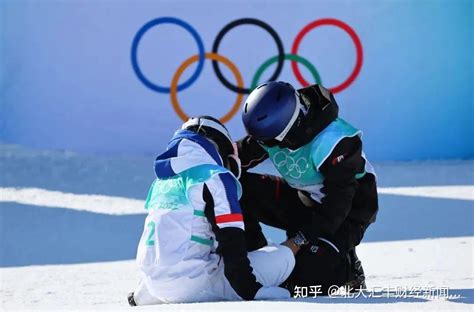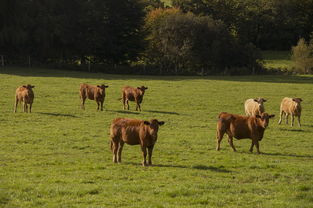In recent years, the Winter Olympics has gained widespread attention globally, as it showcases the prowess of athletes in various winter sports disciplines. Similarly, for many students in China, the postgraduate entrance examination interview, which is a critical component of the admission process, is also a significant event that requires thorough preparation and excellent performance. Drawing parallels between the Winter Olympics and the postgraduate entrance examination interview can provide insights on how to approach the latter successfully.

In the Winter Olympics, athletes set clear goals for themselves, whether it's winning a medal or achieving a personal best. Similarly, for postgraduate candidates, setting specific goals for the interview process is essential. This could include researching the potential questions that may be asked, preparing concise and impactful answers, and showcasing one's strengths and achievements effectively.
Athletes participating in the Winter Olympics undergo rigorous training to hone their skills and improve their performance. Likewise, postgraduate candidates must prepare thoroughly for the interview by revising key academic concepts, staying updated on current affairs, and practicing mock interviews to enhance their communication skills and confidence.
Competing in the Winter Olympics requires mental toughness to deal with pressure, setbacks, and unexpected challenges. Similarly, postgraduate candidates must cultivate resilience and composure to handle stressful interview situations, articulate their thoughts clearly, and adapt to different question formats or panel dynamics.
Athletes in the Winter Olympics often work with coaches, trainers, and teammates to improve their performance and achieve success. Postgraduate candidates can also benefit from seeking support from mentors, professors, or peers to receive constructive feedback, guidance, and encouragement during the interview preparation process.
During the Winter Olympics, athletes focus on delivering their best performance on the day of the event, utilizing their skills and strategies effectively. Likewise, postgraduate candidates should concentrate on showcasing their academic abilities, research potential, communication skills, and passion for the chosen field during the interview to make a lasting impression on the selection panel.
After the Winter Olympics, athletes reflect on their performance, learn from their experiences, and identify areas for improvement in their training regimen. Similarly, postgraduate candidates should seek feedback postinterview, analyze their strengths and weaknesses, and work on enhancing their skills or knowledge for future academic or professional endeavors.
In conclusion, treating the postgraduate entrance examination interview as a metaphorical Winter Olympics can provide a holistic perspective on the preparation and execution required for success. By setting goals, training diligently, maintaining mental toughness, seeking support, focusing on performance, and pursuing continuous improvement, candidates can navigate the interview process effectively and maximize their chances of securing admission to their desired academic program. Just like in the Winter Olympics, dedication, perseverance, and a strategic approach are key to achieving excellence in the postgraduate entrance examination interview.

一则关于副部朱芝松被查的消息引起了广泛关注,据报道,朱芝松因涉及某些...

百名英国女性声称因长期使用强生爽身粉而患上癌症,这一事件不仅引起了公...

更换遥控器钥匙的电池。航海家电动尾门就是汽车的电动后备箱,发现电动尾...

亲爱的朋友们,今天我们来聊聊一个备受关注的话题:初次登记结婚有150...

Hello大家好,欢迎来到小蚊子聊车!今天为大家带来2020年10月...